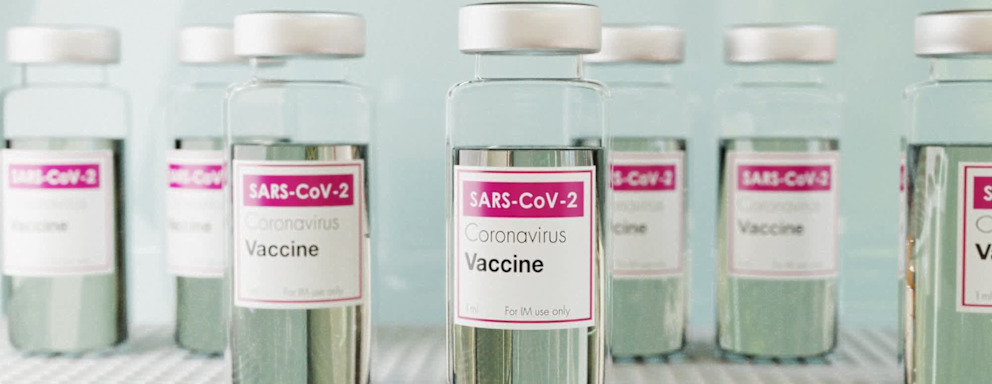The FDA Approved New COVID-19 Vaccines. Should College Students Get One?
 Credit: Joao Paulo Burini / Getty Images
Credit: Joao Paulo Burini / Getty Images- The Food and Drug Administration (FDA) recently approved updated COVID-19 vaccines designed to target circulating variants.
- Public health experts recommend college students get an updated vaccine to reduce transmission of the virus and prevent hospitalization or death.
- The FDA projects the release of annual updated COVID-19 vaccines as the virus mutates, similar to the annual flu vaccine.
College students’ back-to-school shopping typically involves items like notebooks, pens, and textbooks. Now, public health experts are recommending adding one of the latest COVID-19 vaccines to your back-to-school prep.
The Food and Drug Administration (FDA) recently authorized updated COVID-19 vaccines to protect against the latest strain of the virus.
The agency recommends all individuals over 12 years of age get a single dose of an updated vaccine, administered at least two months after their last dose of any COVID-19 vaccine.
That includes college students, who are at an increased risk of contracting COVID-19 due to the close quarters of dorms, apartments, and classroom space on campus.
“I strongly recommend [an updated vaccine] for several reasons,” Dr. Dean Winslow, professor of medicine and pediatrics at Stanford University, told BestColleges.
“This new vaccine that was just approved less than two weeks ago has better coverage against these newer omicron subvariants that you’ve been reading about in the newspaper that have been driving the increased COVID-19 infection rates in the United States.”
Winslow emphasized the updated formula is not 100% effective at preventing a COVID-19 infection, but it can help reduce the transmission of the virus, especially in semi-closed environments such as universities.
“The fewer people getting sick, the better for our public health,” he said.
Winslow recommends college students get an updated vaccine as soon as they can, especially if they have a later school start date.
“Ideally, you want to get it a week or so before you start school. The advice is to get it as soon as you can,” he said.
Where Can College Students Get Vaccinated?
Campus health clinics typically offer a variety of immunizations, including COVID-19 and flu vaccines. You should check to see if your school’s health center offers the updated COVID-19 vaccines.
Pharmacies across the country are also offering the updated vaccines. CVS currently has open appointments for the 2024-2025 vaccines, while Walgreens is offering the new vaccines beginning Sept. 6.
Starting in September 2023, COVID-19 vaccines transitioned from government distribution to traditional healthcare distribution channels, which means the cost of the vaccine may vary depending on your insurance coverage.
Vaccines administered by an in-network provider are available at no cost to individuals who have most health insurance plans per Affordable Care Act requirements.
Additionally, preventative immunizations, including COVID-19 vaccines, are typically provided free of charge to students covered by university health plans.
As different variants of the virus continue to mutate, the FDA says it anticipates updated COVID-19 vaccines being released annually, similar to the annual flu vaccine.
“Most pathogens tend to evolve to become more transmissible or more infectious over time, and we certainly see that with not only influenza but COVID-19,” Winslow said. “All the pathogens that we have vaccines for, particularly COVID-19, have shown the ability to evolve very, very rapidly.”
The updated vaccine formula targets the KP.2 strain of COVID-19, though it’s no longer the dominant variant. Still, the vaccine helps prevent the most severe consequences of COVID-19, such as hospitalization and death. Staying up to date with vaccines ensures you’re getting the best protection against the latest COVID-19 variants.
“It’s very much worthwhile to get the updated vaccine because this virus has continued to evolve genetically,” Winslow explained. “So the variants that we’re seeing right now that are driving this uptick in infections are different than the variants that we were seeing a year ago, or certainly two years ago.”